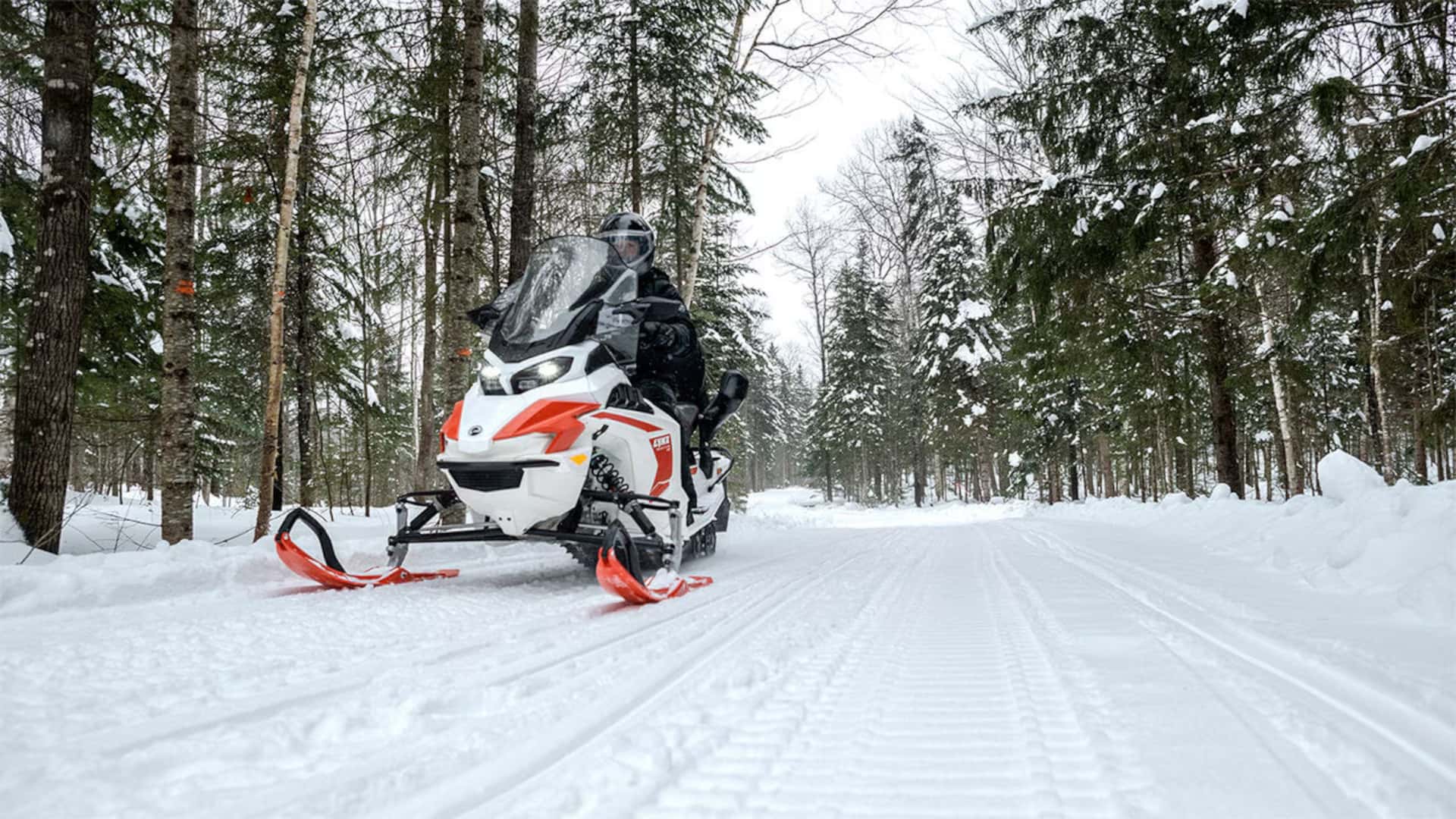A Controversial Arctic Experience Turns Into a Legal Dispute
For many, the thrill of driving a high-performance vehicle in an extreme environment is an unforgettable experience. One such memory involves taking a McLaren 750S to El Mirage Dry Lake in Southern California, where the driver paid a $15 toll to access the lake and reached speeds of over 200 mph during golden hour. The contrast of the surroundings made the moment even more memorable. However, this story isn’t about speed or performance—it’s about an incident that has now led to a legal battle involving one of the most prestigious names in the automotive world.
McLaren, known for its exceptional supercars like the hybrid P1, has long been celebrated for its engineering excellence, comfort, and design. The brand is often regarded as one of the best in the world. But what might come as a surprise is that it’s currently facing a lawsuit related to a snowmobile trip gone wrong in the Arctic.
In 2020, a 54-year-old man named Andrew Cannestra and his then-partner participated in one of McLaren’s Pure McLaren Arctic Experience trips in Finland. They paid around $30,000 for the package, which included a drive on an ice track in one of McLaren’s supercars, accommodation, meals, and the option to explore the Finnish backcountry on snowmobiles. The couple opted for the snowmobile experience.
According to Cannestra, he received only a minimal safety briefing before the trip. He was given a Lynx snowmobile and started the journey in Eco Mode. However, the guide reportedly switched the group to a higher-speed mode, which Cannestra claims was inappropriate. The guide then sped ahead at up to 60 km/h, causing Cannestra to lose sight of him and increase his own speed “to avoid being alone.” This led to a loss of control, with the snowmobile veering off the track and hitting a tree. As a result, Cannestra sustained a significant brain injury and several orthopaedic injuries.
McLaren and the local guides dispute Cannestra’s account, stating that safety measures were in place and that the activity was well-organized. They argue that the guides were experienced and followed local standards, ensuring that risks were reasonably controlled. According to them, Cannestra had full control over his speed and actions.
The case centers around allegations of negligence and breach of contract. It also draws parallels to another recent case involving a snowmobiler who crashed into a parked Black Hawk helicopter, resulting in a $3.3 million payout. Another similar incident involved a family snowmobile trip that ended in a six-month legal battle.
While the details of the case are still unfolding, it highlights the complexities of organizing extreme experiences and the potential legal implications that can arise from them. For McLaren, a brand synonymous with performance and precision, this incident serves as a reminder that even the most well-planned activities can have unforeseen consequences.







